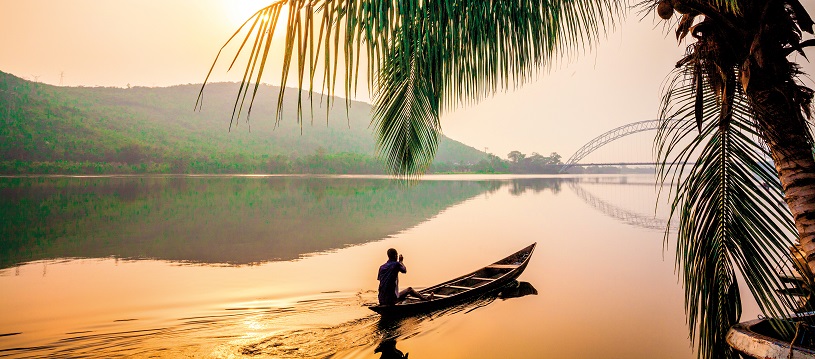At the same time as guaranteeing our next departure to South Africa we are delighted to announce a new fair trade group to the Meet the People experience.
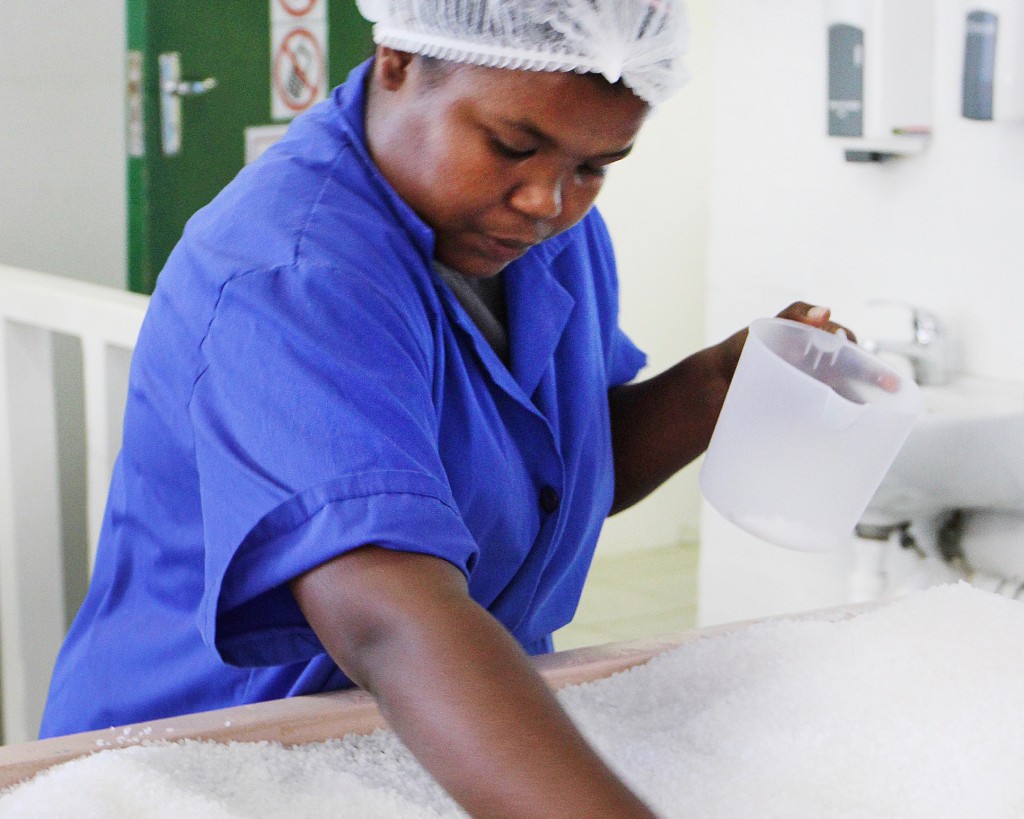
Khoisan Salt are behind the delicious flakes of Sea Salt in Traidcraft’s Eat Your Hat Milk Chocolate and will be welcoming us for a behind the scenes insight into their salt harvesting in October.
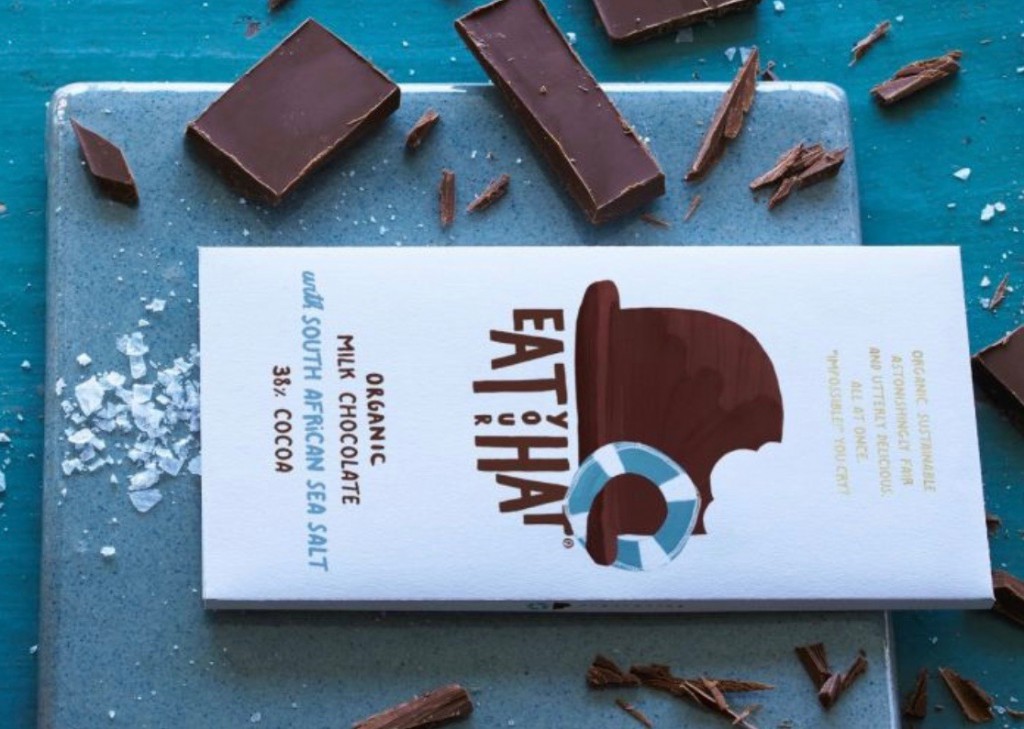
With the welfare and development of employees at the core of their values, Khoisan employs people exclusively from the local community and we’ll learn how fair trade initiatives help them to support their team.
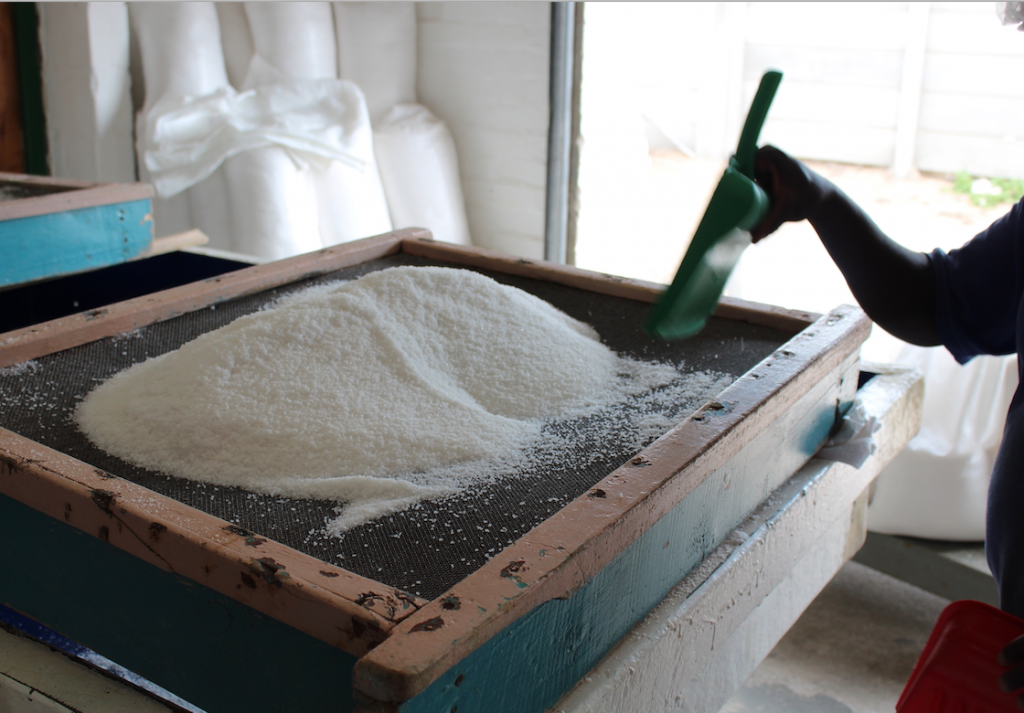
The enthusiastic team will be introducing us to the techniques they use in hand-harvesting salt crystals to produce natural, unrefined sea salt.
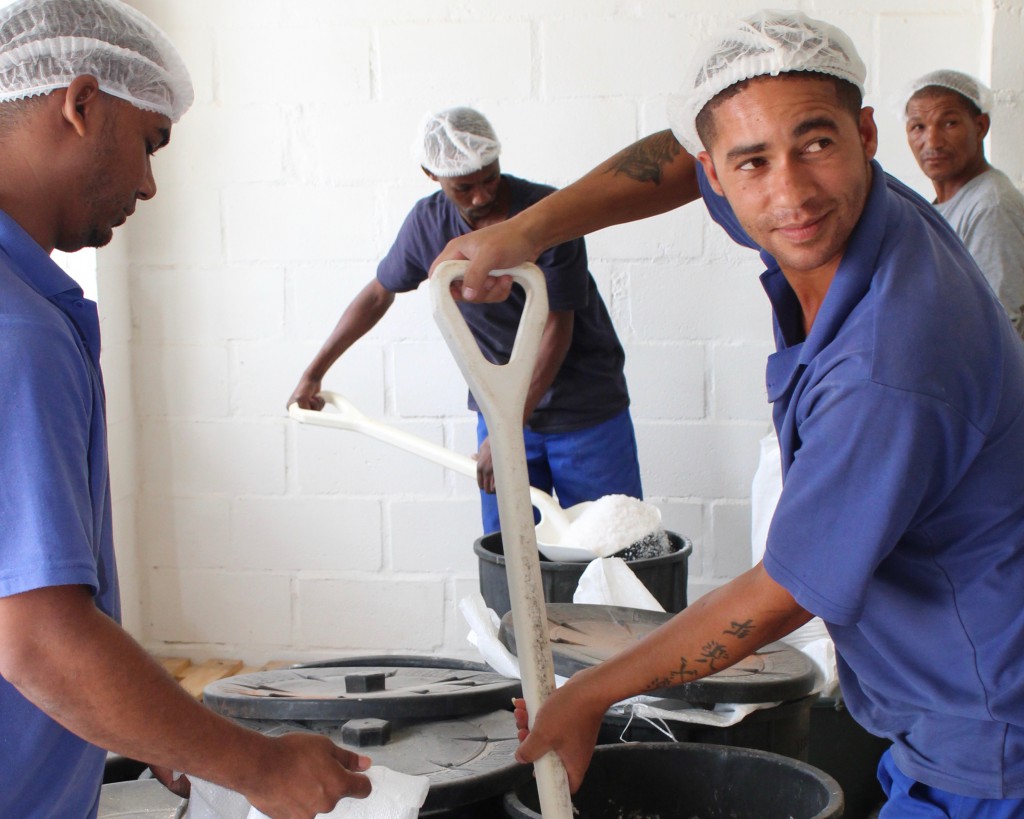
We can appreciate the significance of working in harmony with the environment as we later visit the nearby West Coast National Park, home to around 250 species of birds and where we hope to spot zebra alongside the ostrich, flamingoes and penguins.
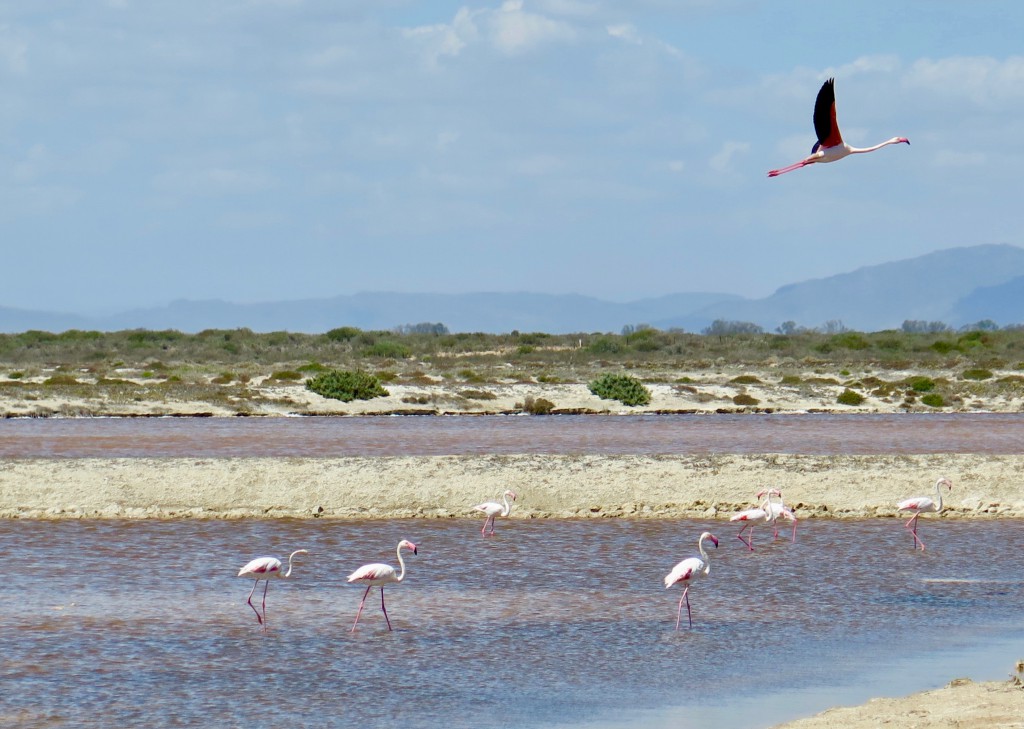
Following visits to farmers on the edge of the Kalahari and the unique ecosystems of the highveld, this is a great opportunity to understand the importance of fair trade in a coastal region before we head on to the lush vineyards of the Western Cape.
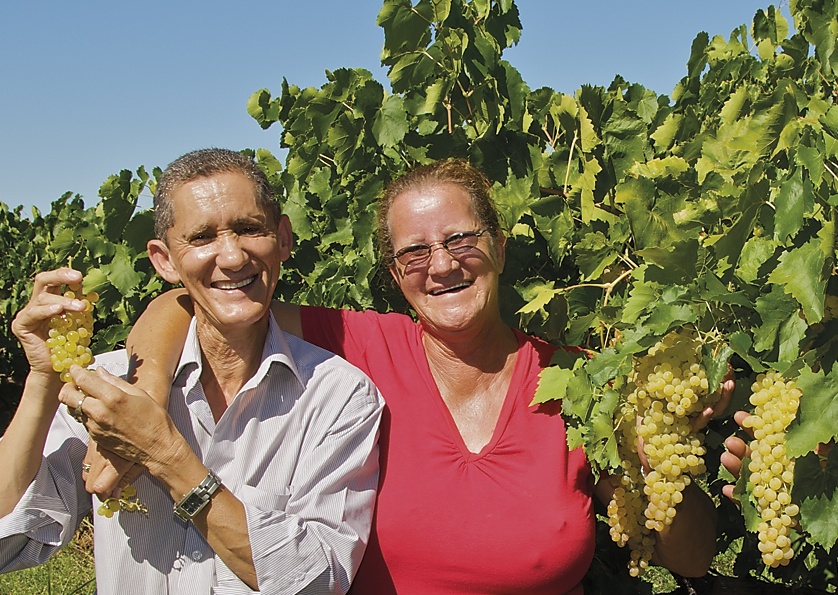
South Africa is a big and truly beautiful country with a unique history. Visits to the Kirstenbosch Botanical Gardens, Table Mountain and Cape of Good Hope let us appreciate some of the incredible natural beauty whilst meeting fair trade producers, learning from development projects in Cape Town and taking a trip to Robben Island, help us to better understand life in this complex country.
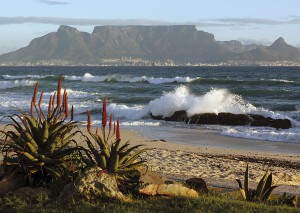
Would you like to join us in South Africa? There are still 6 places available on this year’s tour and details of our tour in 2020 are available online. For more information visit www.meetthepeopletours.co.uk/SouthAfrica
To receive a detailed day by day itinerary or for up to date availability contact Hannah or Lizzie on [email protected] or by phone at 0191 2651110

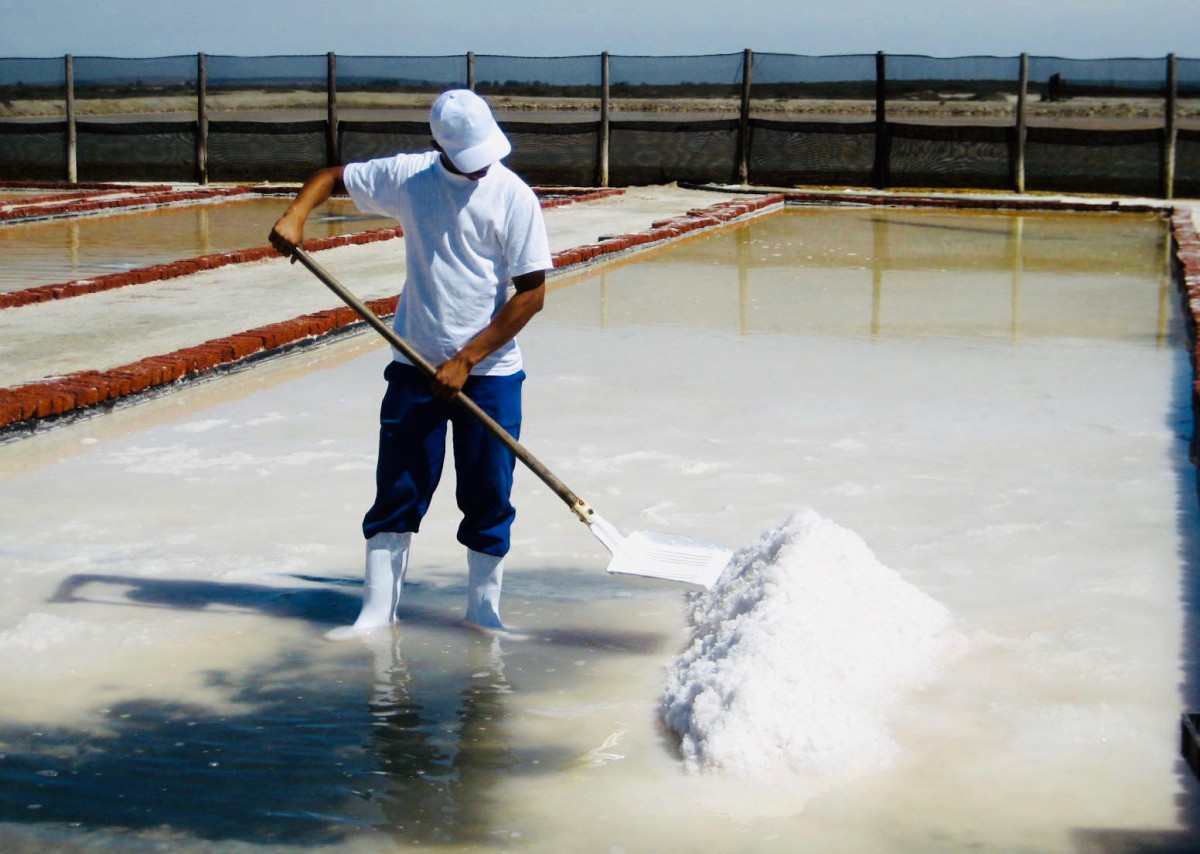

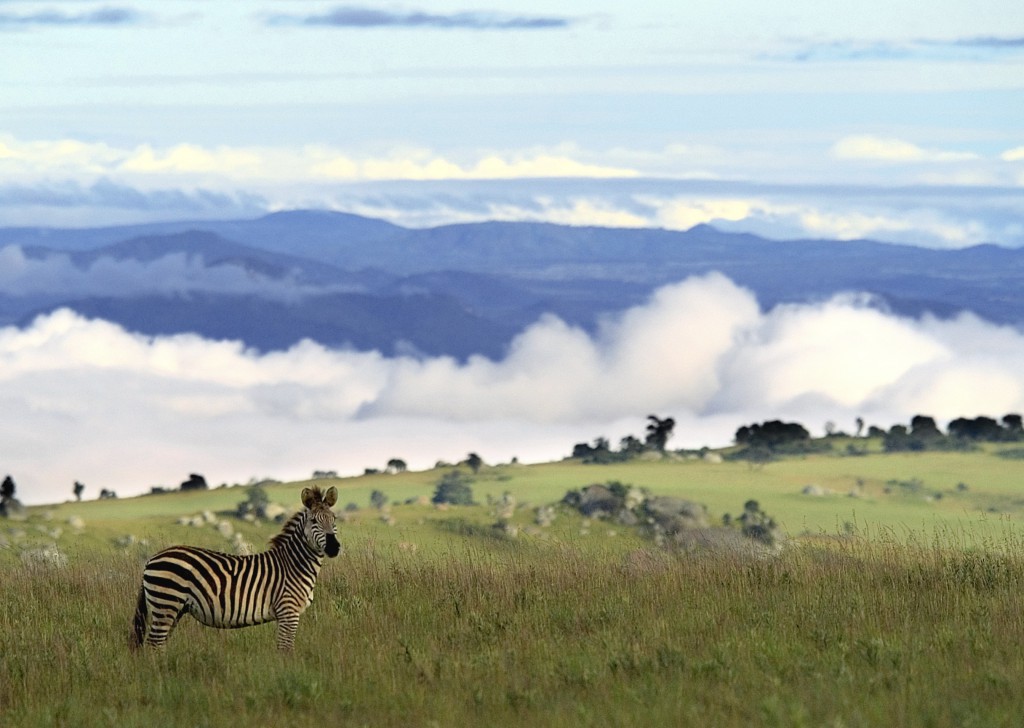
![Malawi (16)[2]](https://www.meetthepeopletours.co.uk/blog/wp-content/uploads/2019/01/Malawi-162-1024x768.jpeg)
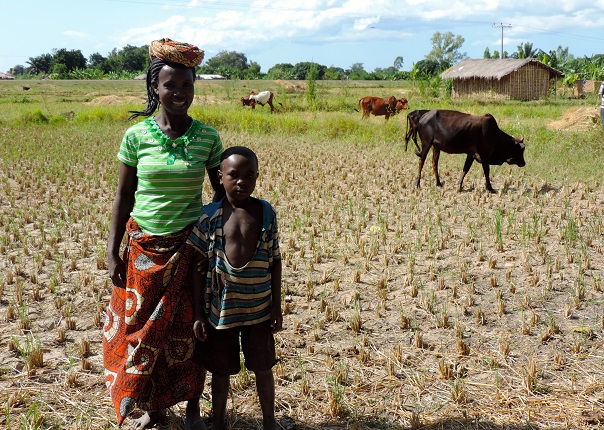 If you’ve been captured by the delicious aroma of Mzuzu coffee or want to see the rice harvest for yourself then join us in June as we travel to meet the people!
If you’ve been captured by the delicious aroma of Mzuzu coffee or want to see the rice harvest for yourself then join us in June as we travel to meet the people!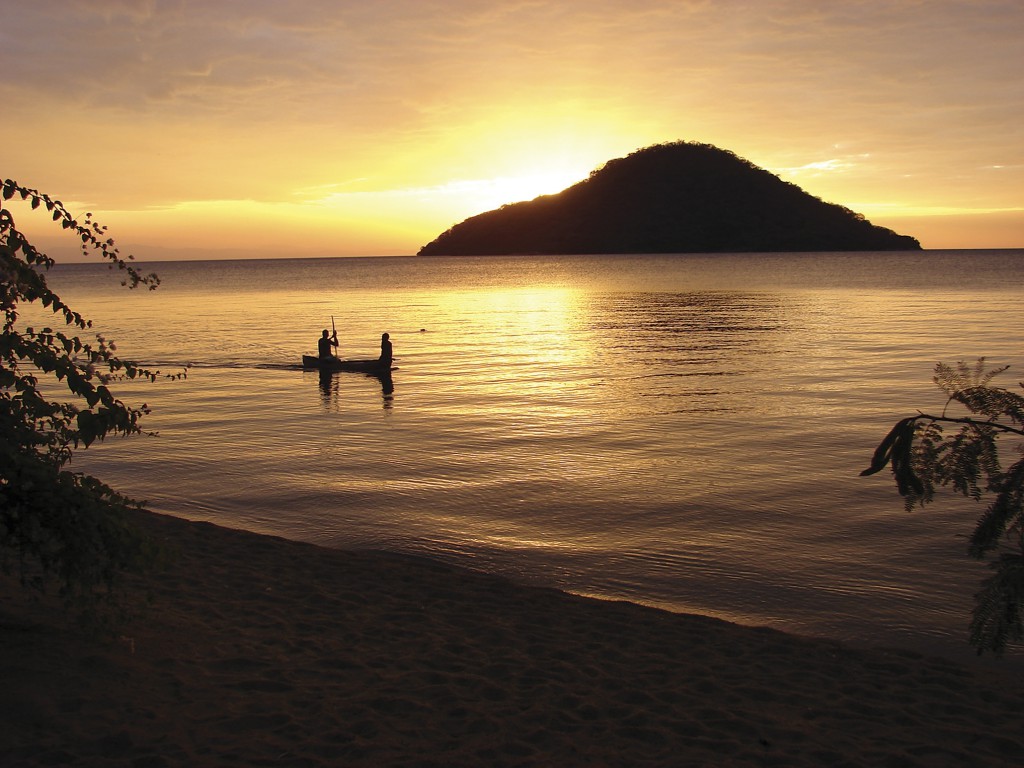
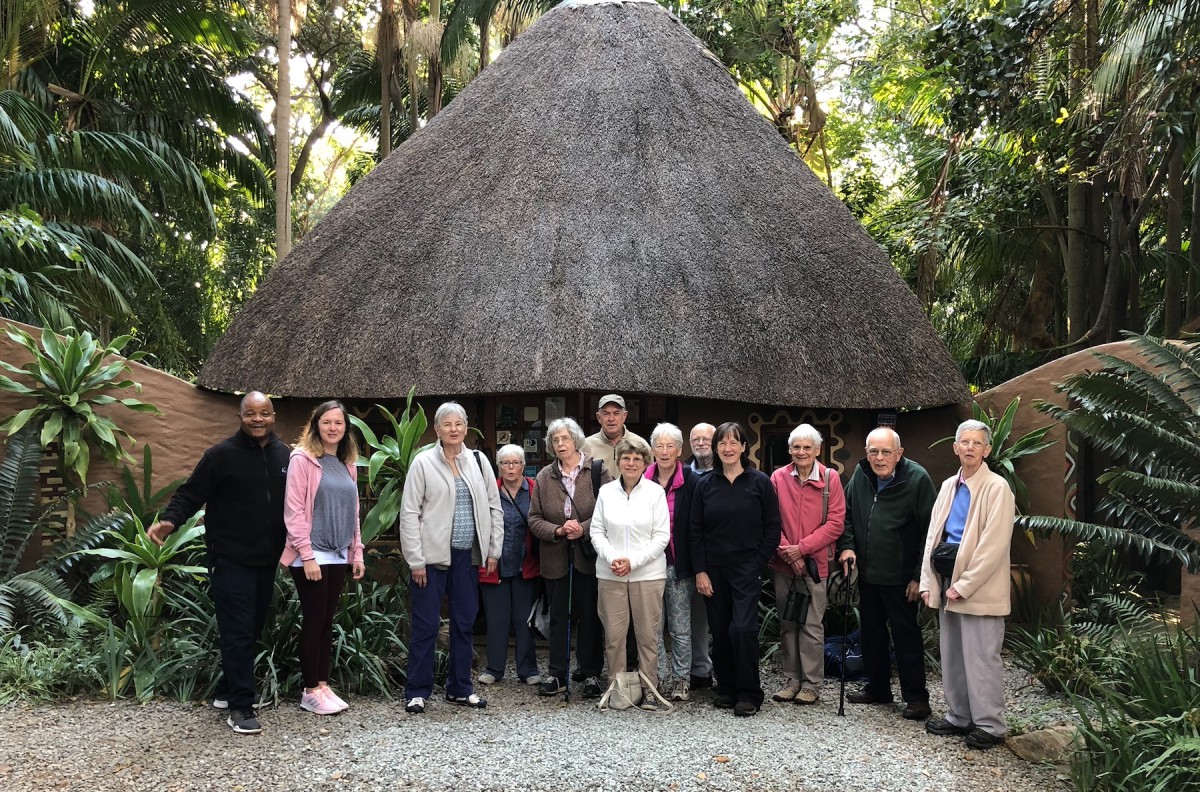
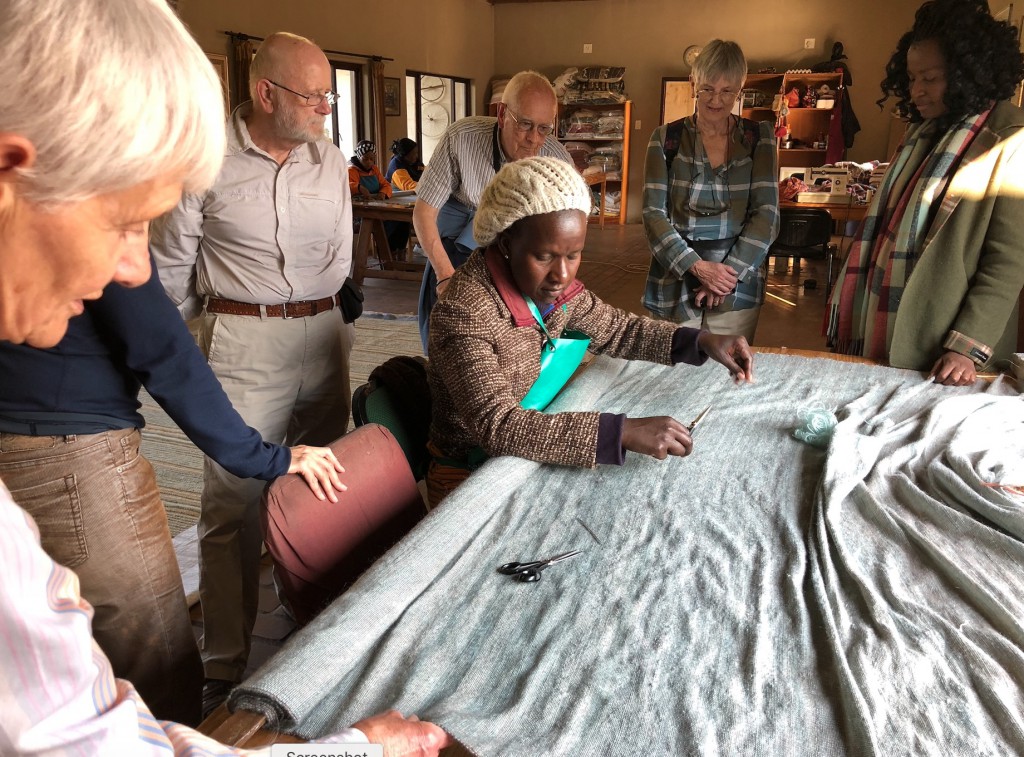
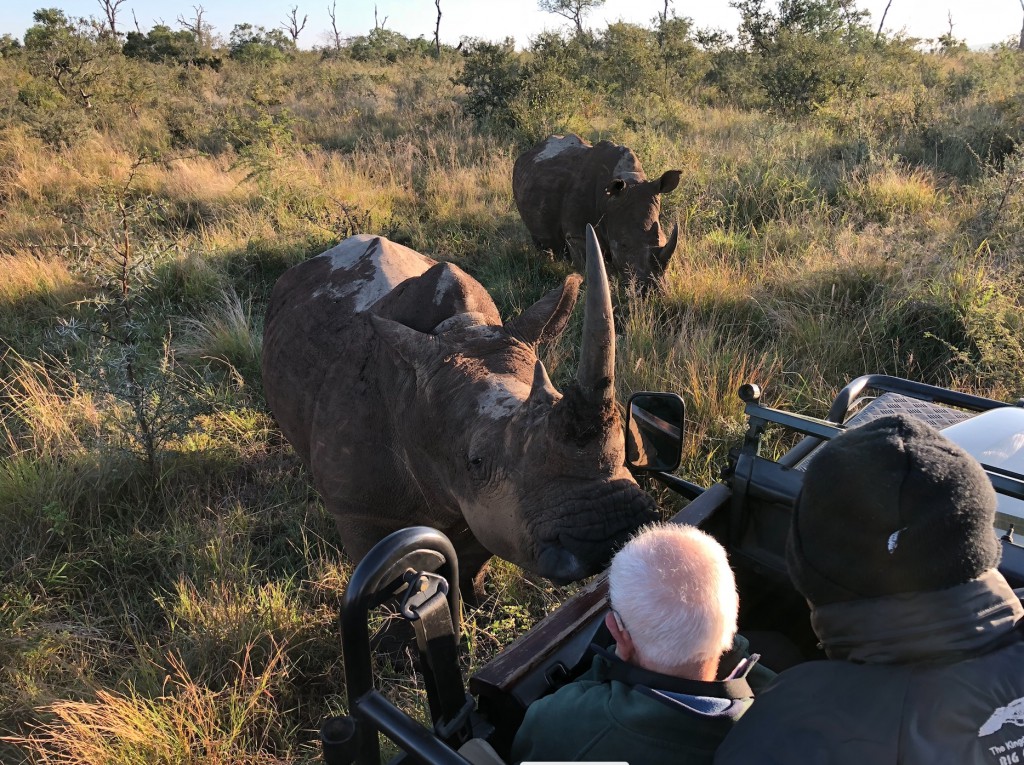 The unforgettable experiences were never ending, but the real purpose of my visit to Swaziland was to learn the stories behind the products and get a better understanding about fair trade and its effects in developing countries. It was incredible to see some of the products being made on some of our visits. We encountered great quality and imagination, exceptional skills, ingenuity, courage and determination.
The unforgettable experiences were never ending, but the real purpose of my visit to Swaziland was to learn the stories behind the products and get a better understanding about fair trade and its effects in developing countries. It was incredible to see some of the products being made on some of our visits. We encountered great quality and imagination, exceptional skills, ingenuity, courage and determination.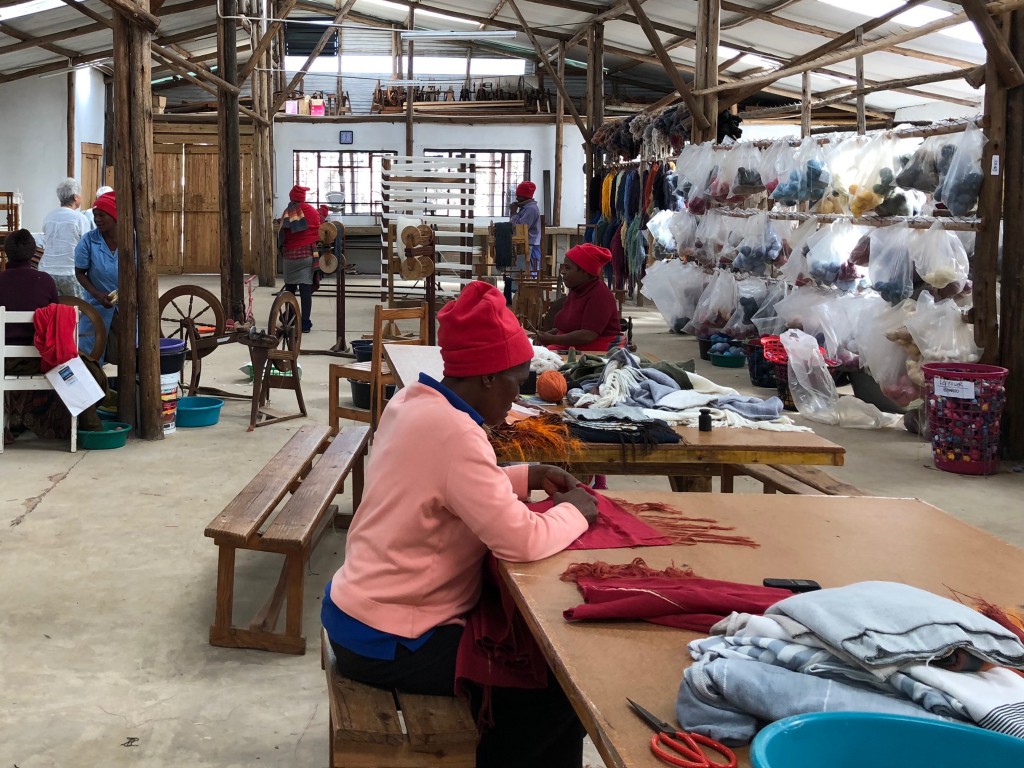 On Day 3, the visit to Tintsaba was inspirational. To see the Sisal plant being stripped, washed, spun, dyed and woven into beautiful jewellery and homeware was fascinating. Over 800 women work for Tintsaba, often from their own homes whilst caring for their families. We learned how mohair is brushed, rolled and spun into yarn to make gorgeous fabrics at Coral Stephens; products that will last a lifetime and amazing skills that are being taught to younger generations.
On Day 3, the visit to Tintsaba was inspirational. To see the Sisal plant being stripped, washed, spun, dyed and woven into beautiful jewellery and homeware was fascinating. Over 800 women work for Tintsaba, often from their own homes whilst caring for their families. We learned how mohair is brushed, rolled and spun into yarn to make gorgeous fabrics at Coral Stephens; products that will last a lifetime and amazing skills that are being taught to younger generations.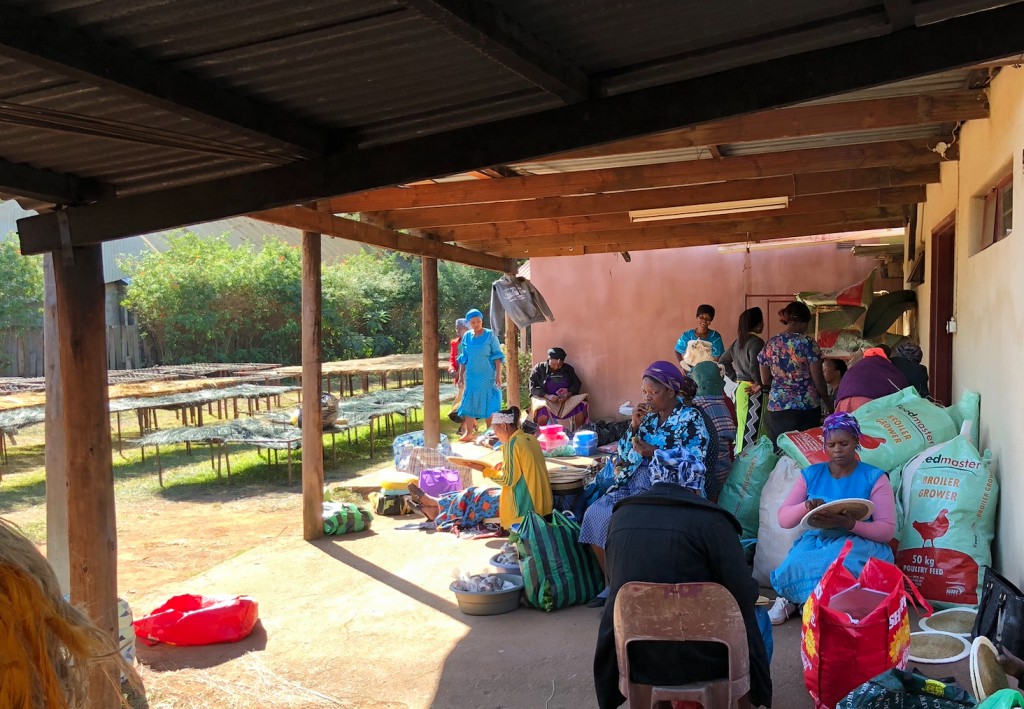 On Day 5 we visited Ngwenya Glass, who are renowned for their sustainable credentials. They considered every aspect of their business and reused or recycled everything they could. We met Black Mamba’s partner group, Guba, who teach permaculture and sustainable farming in village communities. All of the herbs and spices that are used in the sauces are grown by graduates of the Guba training courses. On Day 9 we met Gone Rural, who provide work to hundreds of women in the surrounding areas. They drive to and from each community collecting and swapping raw grass for dyed grass, for women to then weave into homewares for a fair price.
On Day 5 we visited Ngwenya Glass, who are renowned for their sustainable credentials. They considered every aspect of their business and reused or recycled everything they could. We met Black Mamba’s partner group, Guba, who teach permaculture and sustainable farming in village communities. All of the herbs and spices that are used in the sauces are grown by graduates of the Guba training courses. On Day 9 we met Gone Rural, who provide work to hundreds of women in the surrounding areas. They drive to and from each community collecting and swapping raw grass for dyed grass, for women to then weave into homewares for a fair price.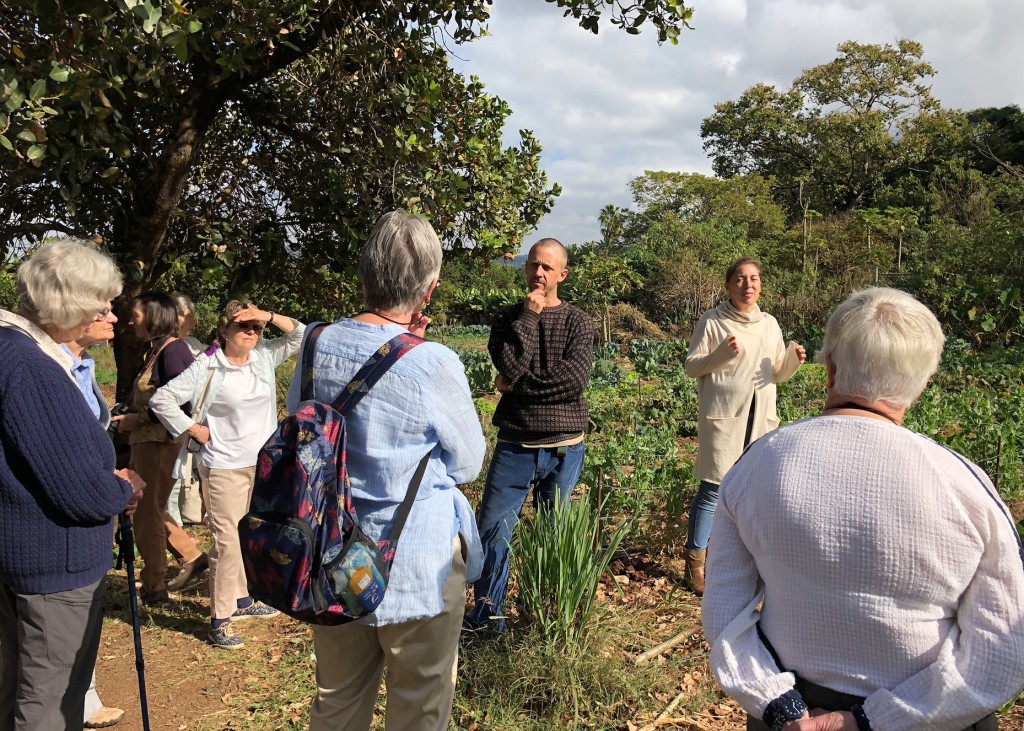
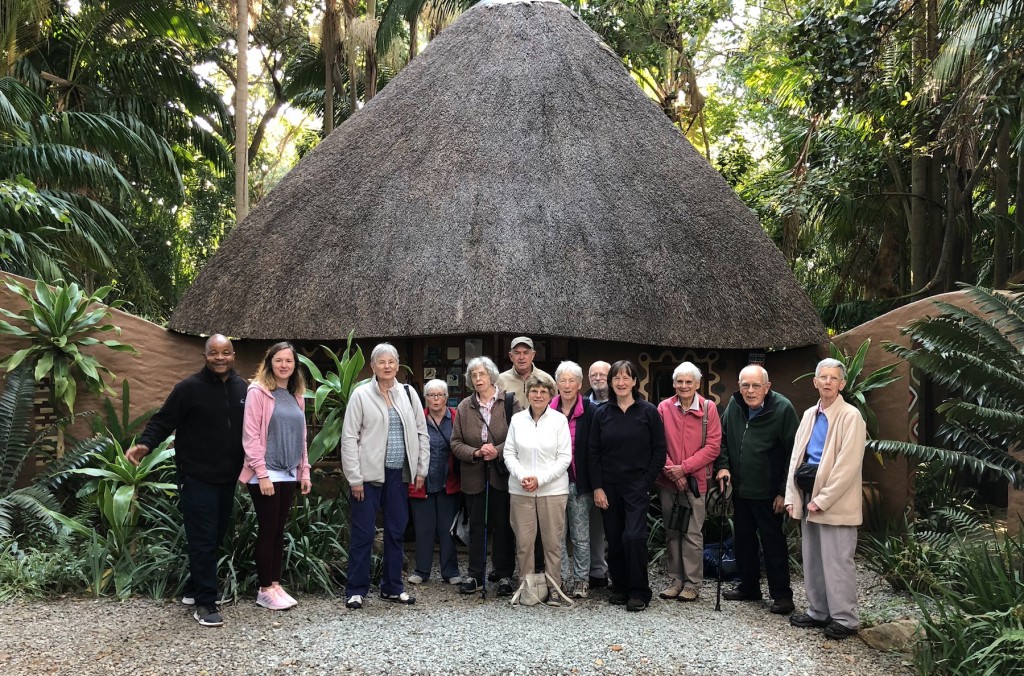
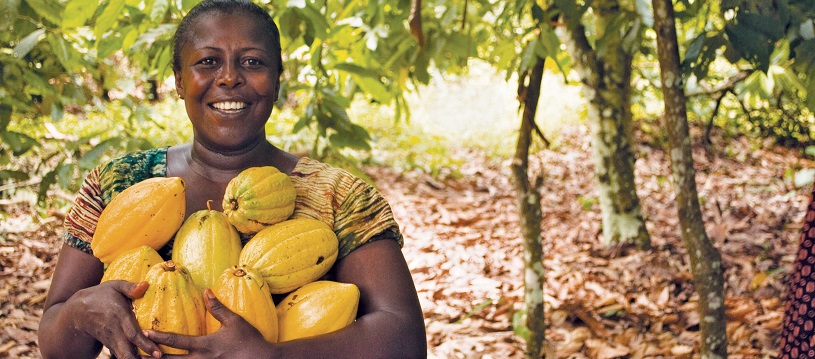
 I have bought Fairtrade products for some time, and was interested to see how Fairtrade goods are produced, and to learn more about what Fairtrade means for individual producers. My Ghanaian friend Rev Josephine Mate-Kole Ankrah was interested too, and as I was visiting her congregation in Ghana, I thought a Meet the People Tour would be a good opportunity for us to visit some Fairtrade producers.
I have bought Fairtrade products for some time, and was interested to see how Fairtrade goods are produced, and to learn more about what Fairtrade means for individual producers. My Ghanaian friend Rev Josephine Mate-Kole Ankrah was interested too, and as I was visiting her congregation in Ghana, I thought a Meet the People Tour would be a good opportunity for us to visit some Fairtrade producers.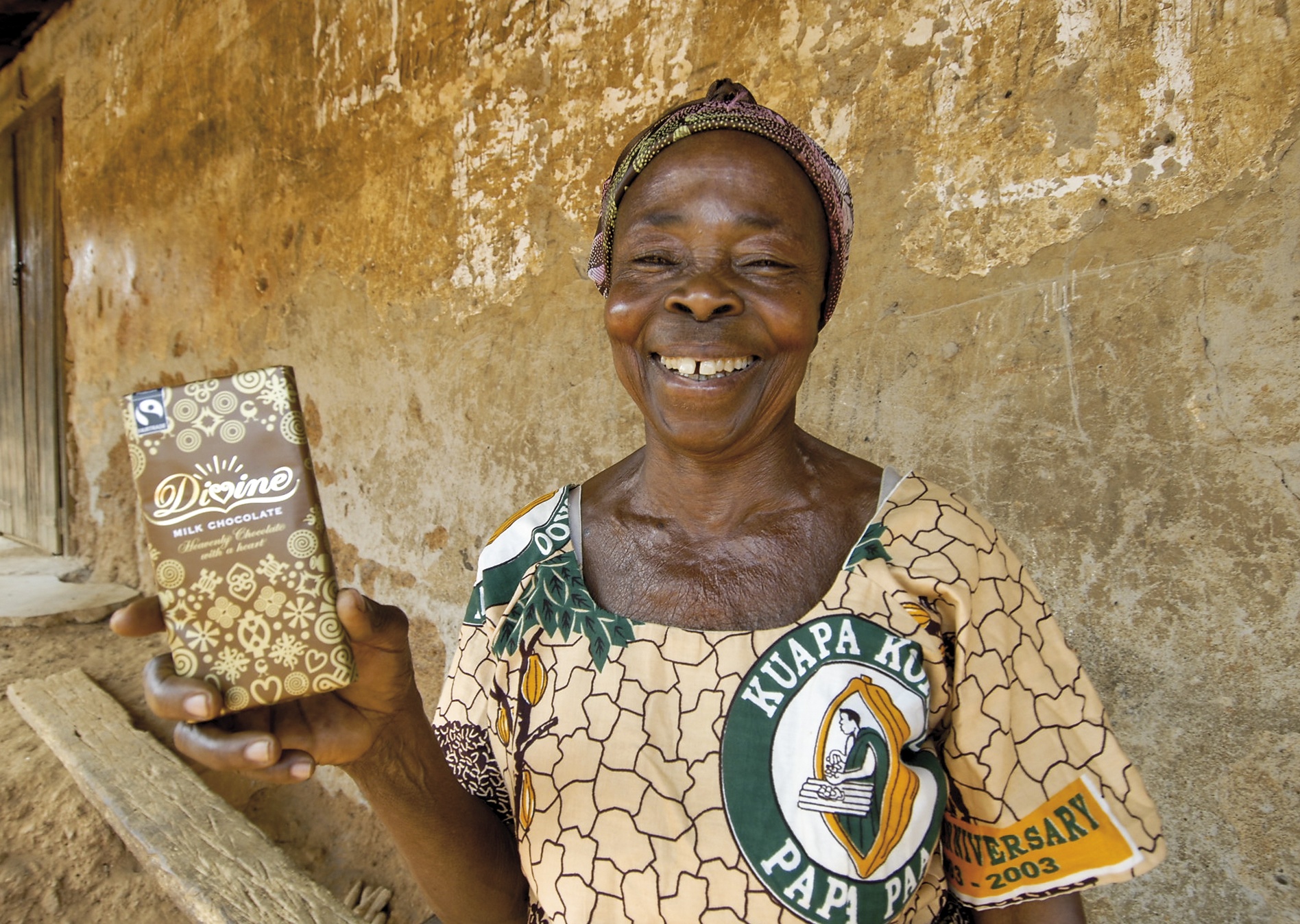 We saw the current crop of cocoa beans drying in the sun ready to be packed into bags and sent on for processing (processing into chocolate that the farmers have never tasted!). They took us to visit one of the farms where we are able to harvest a pod from the tree, and to see how they work with their trees and crops.
We saw the current crop of cocoa beans drying in the sun ready to be packed into bags and sent on for processing (processing into chocolate that the farmers have never tasted!). They took us to visit one of the farms where we are able to harvest a pod from the tree, and to see how they work with their trees and crops.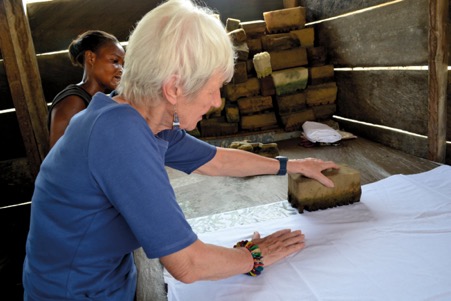 This is only a fraction of what we were able to see and experience during the 10 days of our Fairtrade experience. In returning to the question “why buy Fairtrade goods?”, after my visit I would say: to give individuals and communities the respect and dignity of a fair price for their products, which leads to life changing opportunities.
This is only a fraction of what we were able to see and experience during the 10 days of our Fairtrade experience. In returning to the question “why buy Fairtrade goods?”, after my visit I would say: to give individuals and communities the respect and dignity of a fair price for their products, which leads to life changing opportunities.